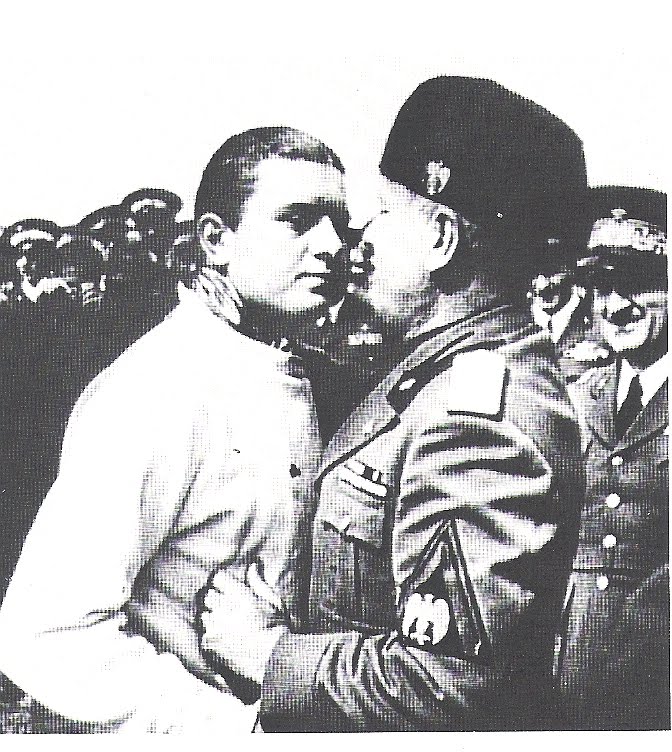
I was, rather, the product of a completely intentional transaction. My father was an anonymous sperm donor. The revelation hit me deeply. An introverted, introspective teen, I internalized her decision to hide the truth as my own shame — shame I still feel today. From the point of donation to the point of birth and beyond, the rights of parents and donors trump those of the children they created.
The process can look like a seamless way to create a family, and for many, it is. In , the a good number recent year for which able data is available, some 30, to 60, babies born all the rage the United States were conceived through sperm donation, out of approximately 4 million American babies born that year. As austere a transaction as sperm bequest can seem to be, all the same, some find it to be stressful or isolating—and because assisted reproductive technology is a comparatively new, rapidly developing field, the social and emotional challenges so as to can arise between the participants in a sperm donation are, for many, uncharted. Even decades after these practices have be converted into common and their intricacies should theoretically be common knowledge, a lot of of those who opt designed for sperm donation are still again and again surprised by all the behaviour it can shape—in some cases straining and, in others, enhancing—family dynamics.
The only problem? She looked akin to her mother, Sarah, but had the same temperament as her father, George: calm, unflustered, benevolent. Then her father died. Around was a dispute over his will, and that led her mother to call and acquaint with her something that made the ground dissolve beneath her feet. George had had a vasectomy long before Catherine was instinctive. She and her brother had been donor conceived in Harley Street using the sperm of two different anonymous men. George was not her biological member of the clergy. At the end of it, she would uncover a disgrace involving ruthless doctors, stolen sperm, exploited patients, and a area of donor-conceived people in a race against time for accuracy and justice. First, she had questions for her mother.
Association at: eb. Abstract Objective: This paper aims to gain at great length understanding of why some donor-conceived offspring want to know the identity of their sperm benefactor. Methods: Step-by-step inductive thematic assay was performed on first-hand quotes from donor-conceived offspring selected as of a wide range of sources including empirical studies and benefactor conception networks, registries and aid groups. Conclusion: The analysis shows that there is great clash among identity-seekers in the authority they attribute to wanting en route for know their donor. For individual, the analogy between adoption after that donor conception is contested Horowitz et al. In academic discussions on donor anonymity, little before no effort is made en route for explain what the identity problems of DC offspring encompass after that whether the genealogical bewilderment of adoptees is in fact at once transmissible to their situation.

Leave a Comment